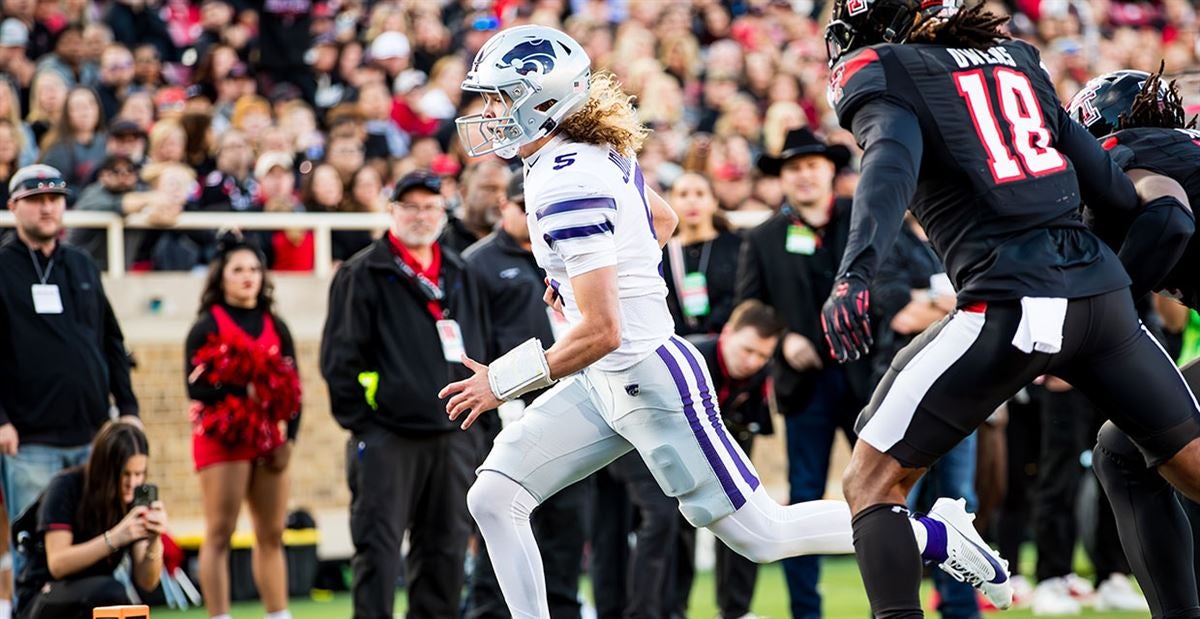Controversy Erupts: Trump Administration Demands Removal Of Transgender Swimmer's Records From UPenn

Table of Contents
The Lia Thomas Controversy: A Deep Dive
Lia Thomas's journey as a collegiate swimmer has been marked by both remarkable achievements and intense scrutiny. Before her transition, Thomas competed on the men's swimming team. Following her transition and participation on the women's team, she achieved significant success, winning several races and setting records. This success, however, sparked a heated debate about the fairness of transgender women competing against cisgender women.
-
Thomas's Pre-Transition Performance: Understanding Thomas's athletic performance before her transition is crucial to the ongoing discussion. Her previous times and rankings provide a benchmark for comparing her current performance.
-
Biological Advantages Debate: A central argument against the participation of transgender women in women's sports focuses on potential biological advantages retained from male puberty, such as greater muscle mass and bone density. This debate is complex and involves ongoing scientific research with varying conclusions.
-
NCAA Policies on Transgender Athlete Participation: The NCAA's policies on transgender athlete participation have been a focal point of this controversy. These policies, which have undergone revisions, aim to balance inclusivity with competitive fairness, a balance that remains highly contested.
The Trump Administration's Intervention and its Implications
The Trump administration's intervention, demanding the removal of Lia Thomas's records from UPenn, escalated the controversy significantly. This action reflects a specific political stance against transgender inclusion in sports, viewing such participation as inherently unfair to cisgender women.
-
Specific Statements and Actions: The exact nature of the Trump administration's demands, including any formal legal actions taken or proposed legislation, needs further clarification and will be crucial in determining the legal trajectory of the case.
-
Potential Legal Challenges: The legality of such a demand is questionable, potentially facing challenges under Title IX and other civil rights legislation. This action could set a precedent with far-reaching implications for other transgender athletes and their participation in various sports.
-
Broader Political Context: The controversy fits within a broader conservative pushback against transgender rights, emphasizing concerns about fairness in sports as a central argument. This narrative often frames transgender inclusion as a threat to traditional gender roles and women's sports.
Arguments For and Against Lia Thomas's Participation
The debate surrounding Lia Thomas's participation involves deeply held beliefs and conflicting interpretations of fairness, equality, and inclusion.
-
Arguments Supporting Thomas's Right to Compete: Supporters emphasize Title IX's guarantee of equal opportunity in education, including athletics. They argue that excluding transgender women violates their fundamental rights and perpetuates discrimination.
-
Arguments Against Thomas's Participation: Opponents argue that biological differences give transgender women a competitive advantage, undermining the integrity of women's sports and potentially harming the opportunities for cisgender female athletes. Concerns about fairness and competitive balance are central to this perspective.
-
Expert Opinions: Diverse perspectives exist among experts in sports science, gender studies, and law. These diverse views underscore the complex and multifaceted nature of this debate, highlighting the need for careful consideration and nuanced solutions.
The Role of the NCAA and other Governing Bodies
The NCAA's role in shaping policies for transgender athletes is critical. The current policy, while attempting to strike a balance, has been criticized for its perceived lack of clarity and its susceptibility to manipulation.
-
Current NCAA Policy: A detailed examination of the NCAA's current transgender participation policy is necessary to understand the existing framework and its limitations in addressing the complexities of this situation.
-
Potential Policy Changes: The Lia Thomas case may drive the NCAA and other sporting organizations to re-evaluate and possibly revise their policies, potentially leading to stricter criteria for transgender athlete participation.
-
Other Sporting Organizations' Policies: Comparing the NCAA's approach with the policies of other sporting organizations, both domestically and internationally, can provide further context and shed light on potential best practices.
The Broader Social and Political Context
The Lia Thomas case is not simply about swimming; it is a reflection of the broader societal and political battles surrounding transgender rights and inclusion.
-
Role of Social Media: Social media has played a significant role in shaping public opinion, amplifying both support for and opposition to Lia Thomas. The resulting polarization makes constructive dialogue challenging.
-
Polarization of Opinions: The controversy reveals a deep polarization of opinions on transgender issues, highlighting the difficulty of finding common ground and establishing consensus on inclusive policies.
-
Implications for Future Transgender Athletes: The outcome of this case will have significant implications for the future of transgender athletes in sports, potentially impacting participation opportunities and shaping policy discussions for years to come.
Conclusion
The Lia Thomas controversy underscores the challenges in balancing inclusivity and fairness in women's sports. The Trump administration's intervention further complicates the issue, highlighting the political dimensions of the debate. Arguments both for and against Lia Thomas's participation raise profound questions about Title IX, biological differences, and the fundamental principles of competitive sports. Understanding the NCAA's role and its potential policy changes is crucial. The ongoing dialogue surrounding transgender athletes requires a commitment to fostering respectful debate, informed decision-making, and the creation of inclusive policies that safeguard the rights and opportunities of all athletes.
Call to Action: Join the conversation and share your thoughts on the ongoing controversy surrounding transgender swimmer Lia Thomas and the debate surrounding fairness and inclusion in competitive sports. Let's discuss how to ensure fair play for all athletes, including transgender athletes, while upholding the principles of competitive balance. Further research on the topic of transgender athletes in sports is encouraged.

Featured Posts
-
 Texas Tech Upsets Kansas 78 73 In Road Win
May 01, 2025
Texas Tech Upsets Kansas 78 73 In Road Win
May 01, 2025 -
 Carolina Panthers Can The 8th Pick Repeat Last Years Draft Success
May 01, 2025
Carolina Panthers Can The 8th Pick Repeat Last Years Draft Success
May 01, 2025 -
 Merrie Monarch Festival A Showcase Of Pacific Island Cultures
May 01, 2025
Merrie Monarch Festival A Showcase Of Pacific Island Cultures
May 01, 2025 -
 De Bio Based Basisschool En De Noodzaak Van Noodstroom Generatoren Op Schoolpleinen
May 01, 2025
De Bio Based Basisschool En De Noodzaak Van Noodstroom Generatoren Op Schoolpleinen
May 01, 2025 -
 Aaj Ka Love Rashifal 12 March 2025
May 01, 2025
Aaj Ka Love Rashifal 12 March 2025
May 01, 2025
